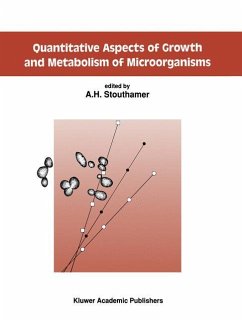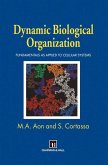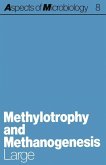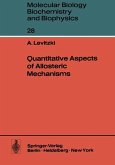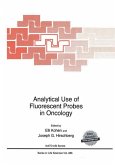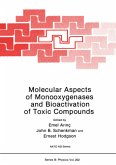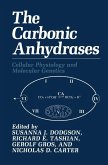Application of recent advances, such as non-equilibrium thermodynamics, the maintenance concept and the material balancing method, to the description, of microbial growth has suggested new experimental approaches which have yielded a wealth of data. These data have been used to develop mathematical models of microbial growth and metabolism, and the models have made it possible to direct the metabolism of a microorganism in such a way that more of a certain desired product is made.
While a full quantitative description of all aspects of microbial growth and metabolism is till remote, the new approaches are opening up large areas of new potential -- it is now possible, for instance, to deal with individual cells in a population and with quantitative aspects of product formation and optimisation. Microbiologists, biochemists and physiologists will find this an invaluable update on a field of great promise.
While a full quantitative description of all aspects of microbial growth and metabolism is till remote, the new approaches are opening up large areas of new potential -- it is now possible, for instance, to deal with individual cells in a population and with quantitative aspects of product formation and optimisation. Microbiologists, biochemists and physiologists will find this an invaluable update on a field of great promise.

